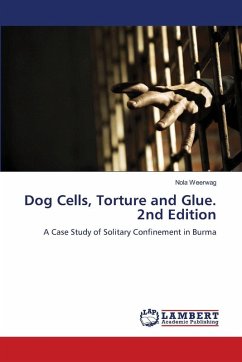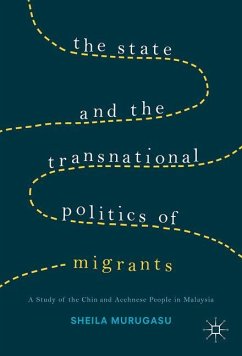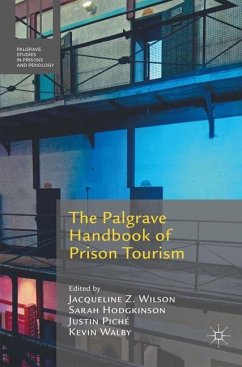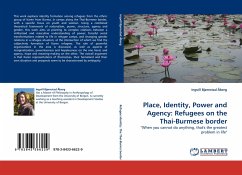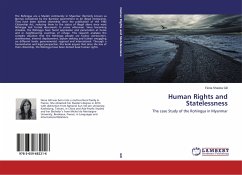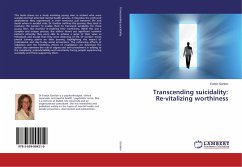
Dog Cells, Torture and Glue
A Case Study of Solitary Confinement in Burma
Versandkostenfrei!
Versandfertig in 6-10 Tagen
24,99 €
inkl. MwSt.

PAYBACK Punkte
12 °P sammeln!
Solitary confinement has been proven to have detrimental effects on mental health, leading some to conclude that solitary can amount to torture. Evidently solitary confinement can be a powerful tool to repress prisoners but it has rarely been studied outside of a Western, democratic context. This case study investigates the use of solitary confinement on former political prisoners from Burma (Myanmar) from psychological, sociological and human rights perspectives. Interviews with former political prisoners show that solitary confinement was at the core of an array of human rights concerns. Pol...
Solitary confinement has been proven to have detrimental effects on mental health, leading some to conclude that solitary can amount to torture. Evidently solitary confinement can be a powerful tool to repress prisoners but it has rarely been studied outside of a Western, democratic context. This case study investigates the use of solitary confinement on former political prisoners from Burma (Myanmar) from psychological, sociological and human rights perspectives. Interviews with former political prisoners show that solitary confinement was at the core of an array of human rights concerns. Political prisoners were held in squalid cells, often without food or access to health care, deprived food and sleep or subjected to other forms of torture. These inhuman conditions did not only lead to mental health concerns but also to long-lasting physical health issues. In Burma, solitary confinement was, like prison, used as a tool of repression. Solitary confinement was used as an extension of the Burmese political regimes, punishing anyone daring to stand up for human rights. This work is intended as a new angle to inform both the academic and political debate about solitary confinement.



